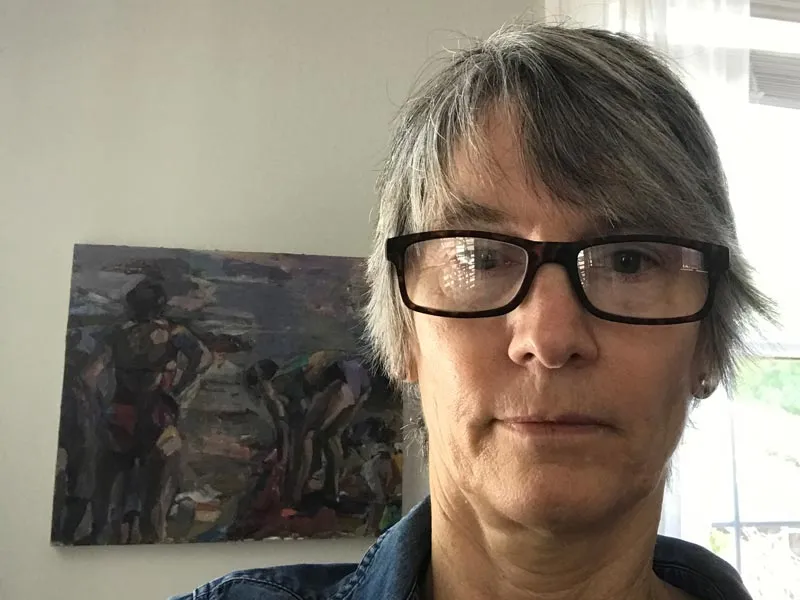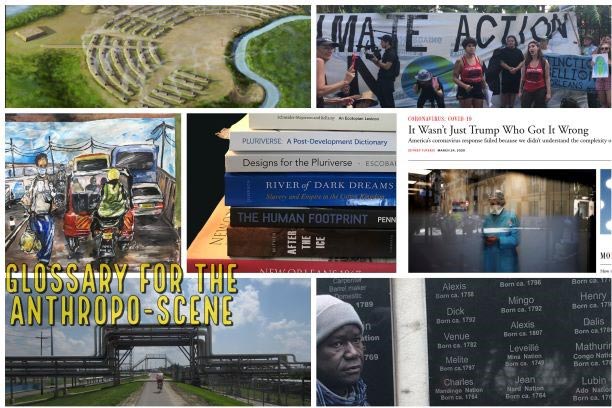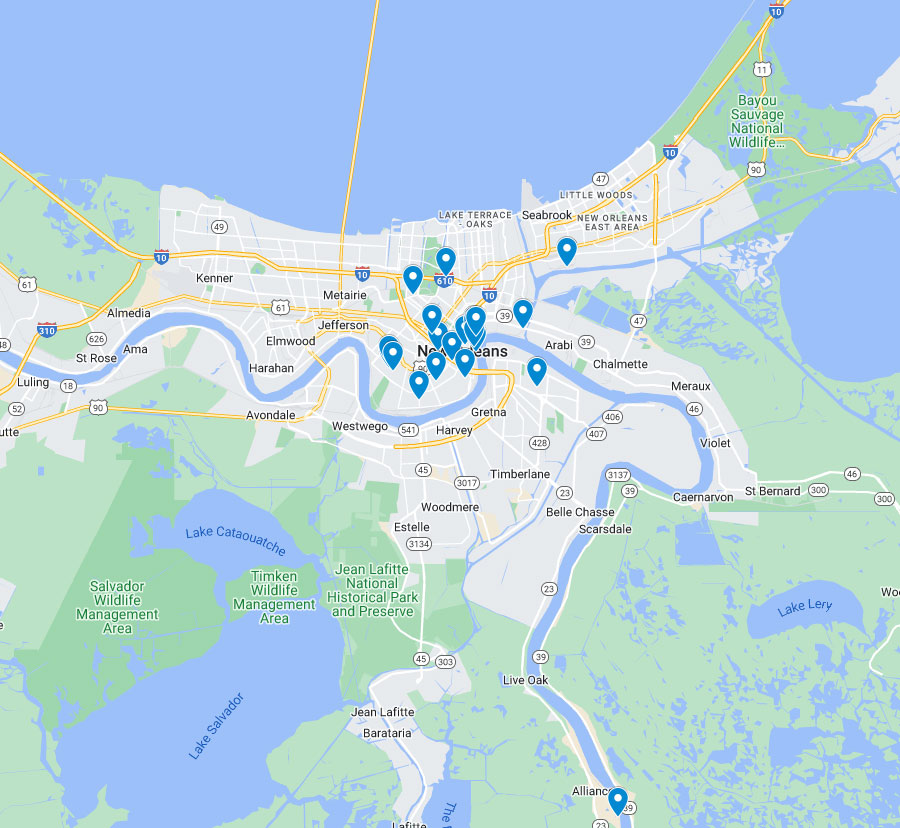
Biography
Laura Murphy: The Glossary project builds on disparate strands and interests of mine. I am a clinical associate professor in Tulane’s department of Global Community Health & Behavioral Sciences (GCHB), where I have taught on development theory and population-environment topics since 1999 and social innovation (since 2014-). My project is shaped by my education (BS in mechanical engineering, PHD city & regional planning) and by living and working around the world. I began unpacking socio-cultural baggage in Jakarta, and gained respect for small-scale farmers and pastoralists in Kenya (1983-91). My dissertation entailed household-level statistical analysis of Ecuadorian Amazon deforestation/land-use. My research and teaching have explored tensions of livelihoods, socio-technical change, and human well- being. I am fascinated by human-environment-technology interactions in history (looking backward) and the pursuit of transdisciplinary solutions to complex problems and how we connect work at local, regional and global levels.
Research
This project is motivated by my participation in the Anthropocene River Campus (ARC) hosted by NOCGS in November 2019. From that experience, I began to appreciate the depth and breadth of controversies around terminology, and the need to help communicate ideas. I will be compiling a Gulf Coast edition of an illustrated Glossary to the Anthropo-Scene, the alternative or less dominant “scenes” circulating around the current scientific, geological epoch (“Anthropocene”). The glossary will be organized A-Z, from Age of the Sociopath and Anthropocene, to Donna Haraway’s “Chthulu-cene”, Capitalo-cene, Plantationo-cene, the Pluriverse, and eventually to “zoo-notic disease”. The project will draw from diverse literatures (mostly in English), with examples and illustrations from our regional socio-technological and environmental history (see collage of photos)—such as the “Poverty Point” Louisiana earth mounds that reveal the diversity of humanity’s spread on earth over millennia, to the slave-based riverine plantations that were part of the global expansion of extractive and destructive capitalism since 1500s, to the 20th Century petrochemical complexes along Death Ally, to the modern global tourism industry. The “Corona-Scene” envisions landscapes after Covid. Desk research (fall 2020, with help of student workers) compiles definitions; production phase (spring) builds and tests a digital platform.



